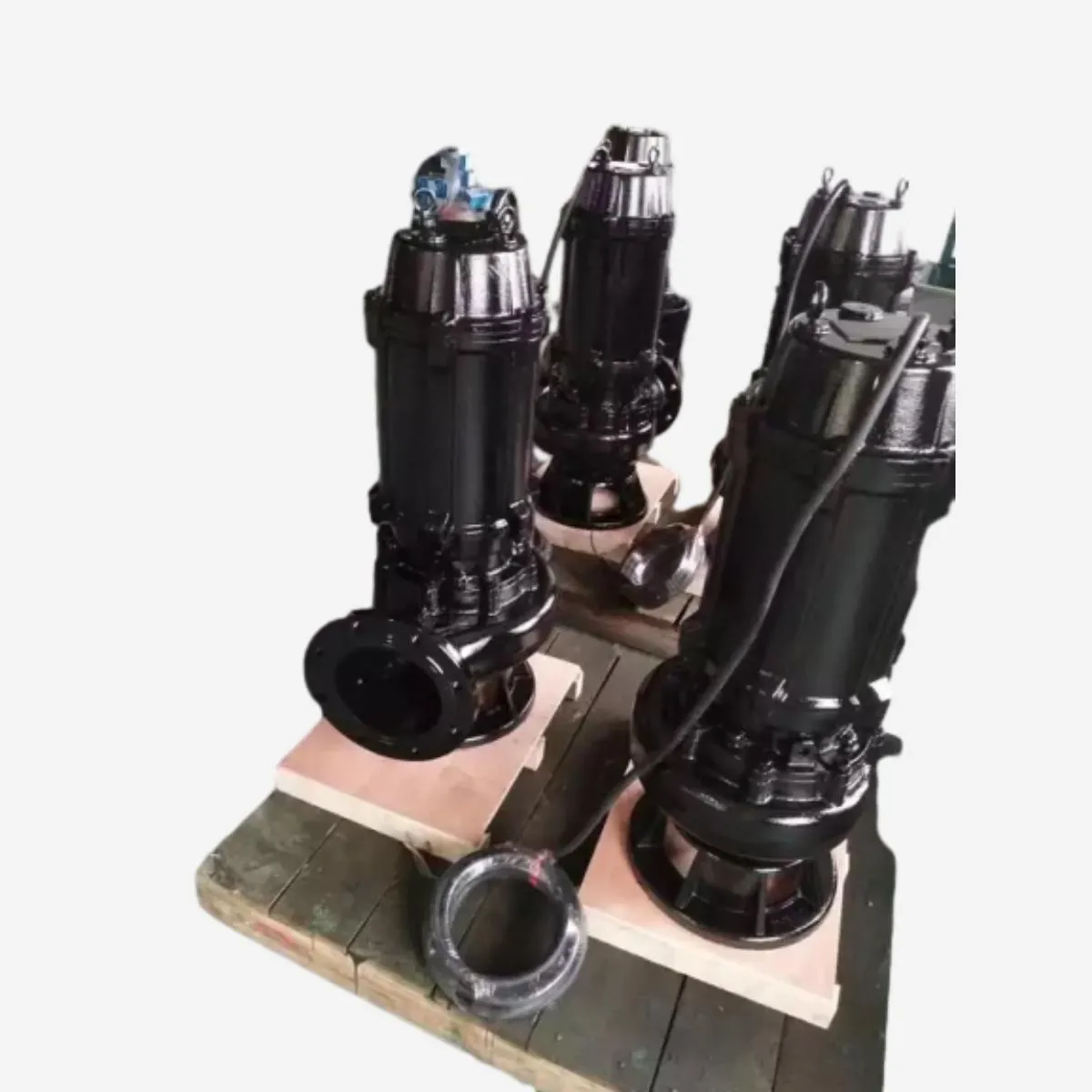Uighur
- Afrikaans
- Albanian
- Amharic
- Arabic
- Armenian
- Azerbaijani
- Basque
- Belarusian
- Bengali
- Bosnian
- Bulgarian
- Catalan
- Cebuano
- Corsican
- Croatian
- Czech
- Danish
- Dutch
- English
- Esperanto
- Estonian
- Finnish
- French
- Frisian
- Galician
- Georgian
- German
- Greek
- Gujarati
- Haitian Creole
- hausa
- hawaiian
- Hebrew
- Hindi
- Miao
- Hungarian
- Icelandic
- igbo
- Indonesian
- irish
- Italian
- Japanese
- Javanese
- Kannada
- kazakh
- Khmer
- Rwandese
- Korean
- Kurdish
- Kyrgyz
- Lao
- Latin
- Latvian
- Lithuanian
- Luxembourgish
- Macedonian
- Malgashi
- Malay
- Malayalam
- Maltese
- Maori
- Marathi
- Mongolian
- Myanmar
- Nepali
- Norwegian
- Norwegian
- Occitan
- Pashto
- Persian
- Polish
- Portuguese
- Punjabi
- Romanian
- Russian
- Samoan
- Scottish Gaelic
- Serbian
- Sesotho
- Shona
- Sindhi
- Sinhala
- Slovak
- Slovenian
- Somali
- Spanish
- Sundanese
- Swahili
- Swedish
- Tagalog
- Tajik
- Tamil
- Tatar
- Telugu
- Thai
- Turkish
- Turkmen
- Ukrainian
- Urdu
- Uighur
- Uzbek
- Vietnamese
- Welsh
- Bantu
- Yiddish
- Yoruba
- Zulu
Telephone: +86 13120555503
Email: frank@cypump.com
ئۆكتەبىر . 13, 2024 16:24 Back to list
Chemical Feed Pumps for Efficient Water Treatment Solutions and Management
Chemical Feed Pumps in Water Treatment An Essential Component
Water treatment is a critical process that ensures safe and potable water for various applications, including municipal drinking water, industrial use, and agricultural applications. One of the key components of effective water treatment systems is the chemical feed pump. These pumps play a crucial role in accurately delivering chemicals required for treating water, thus ensuring environmental compliance and public health.
The Role of Chemical Feed Pumps
Chemical feed pumps are designed to transfer chemicals from storage tanks to the point of application within water treatment systems. Chemicals such as chlorine, coagulants, flocculants, and pH adjusters are commonly used to purify water. The precise dosing of these chemicals is vital; insufficient treatment can lead to inadequate removal of contaminants, while excessive dosing can result in toxicity and regulatory violations. Therefore, the reliability and accuracy of chemical feed pumps are paramount in water treatment processes.
Types of Chemical Feed Pumps
There are several types of chemical feed pumps used in water treatment, each with unique features suited to specific applications. Some of the most common types include
1. Positive Displacement Pumps These pumps are known for their ability to deliver a consistent flow rate regardless of pressure changes in the system. They are ideal for high-viscosity chemicals and are commonly used for dosing purposes.
2. Diaphragm Pumps Diaphragm pumps are a type of positive displacement pump that uses a flexible diaphragm to create suction and discharge. They are known for their reliability, chemical compatibility, and ability to handle corrosive substances.
3. Peristaltic Pumps These pumps operate by compressing and releasing a flexible tube to move the liquid inside. They are particularly useful for dosing applications due to their ease of maintenance and the ability to handle shear-sensitive fluids.
chemical feed pumps water treatment

4. Electromagnetic Pumps These pumps use electromagnetic forces to move fluids and are favored for their precision and energy efficiency. They are often employed in applications that require very accurate dosing.
Functions and Applications
The primary function of chemical feed pumps in water treatment is to ensure the accurate and timely addition of treatment chemicals. This process is critical in various phases of water treatment, such as
- Disinfection Adding chlorine or chloramines to water to kill pathogens and prevent bacterial growth. - Coagulation and Flocculation Introducing coagulants like alum to cause particles to clump together, facilitating easier removal during filtration. - pH Adjustment Dosing acids or bases to maintain optimal pH levels, which is essential for the effectiveness of other treatment processes and for regulatory compliance. Moreover, chemical feed pumps are used in wastewater treatment to manage the addition of chemicals necessary for removing pollutants, thus ensuring that treated water meets environmental standards before discharge.
Importance of Reliability and Maintenance
The importance of reliable chemical feed pumps cannot be overstated. Any failure in a chemical feed system can lead to serious implications, including untreated or inadequately treated water, regulatory non-compliance, and potential harm to public health and the environment. Hence, regular maintenance and calibration are crucial.
Routine inspections should check for leaks, wear and tear, and the operational efficiency of the pumps. Moreover, modern chemical feed systems are equipped with monitoring tools and alarms that can alert operators of any discrepancies in chemical dosages, ensuring immediate corrective actions can be taken.
Conclusion
In conclusion, chemical feed pumps are a fundamental part of effective water treatment systems. Their ability to accurately and reliably deliver chemicals for treatment processes is essential for maintaining water quality and safety. With various types of pumps available, the choice of pump depends on specific treatment requirements and the nature of the chemicals used. Regular maintenance and monitoring are vital to ensure these pumps operate efficiently, keeping water treatment processes compliant with health and environmental standards. As the demand for clean water continues to rise globally, the role of chemical feed pumps will remain critical in promoting public health and environmental sustainability.
-
AI-Optimized Pipeline Pumps | Boost Efficiency
NewsAug.05,2025
-
Reliable Non-Clog Sewage Pumps with GPT-4-Turbo Tech
NewsAug.04,2025
-
High-Performance Air Pumps for Sand & Gravel | Efficient Transport
NewsAug.03,2025
-
ISG Series Vertical Pipeline Pump - Chi Yuan Pumps Co., LTD.|Energy Efficiency, Corrosion Resistance
NewsAug.03,2025
-
ISG Series Pipeline Pump - Chi Yuan Pumps | Energy Efficiency&Compact Design
NewsAug.03,2025
-
ISG Series Vertical Pipeline Pump - Chi Yuan Pumps Co., LTD.|High Efficiency, Low Noise, Durable
NewsAug.02,2025










